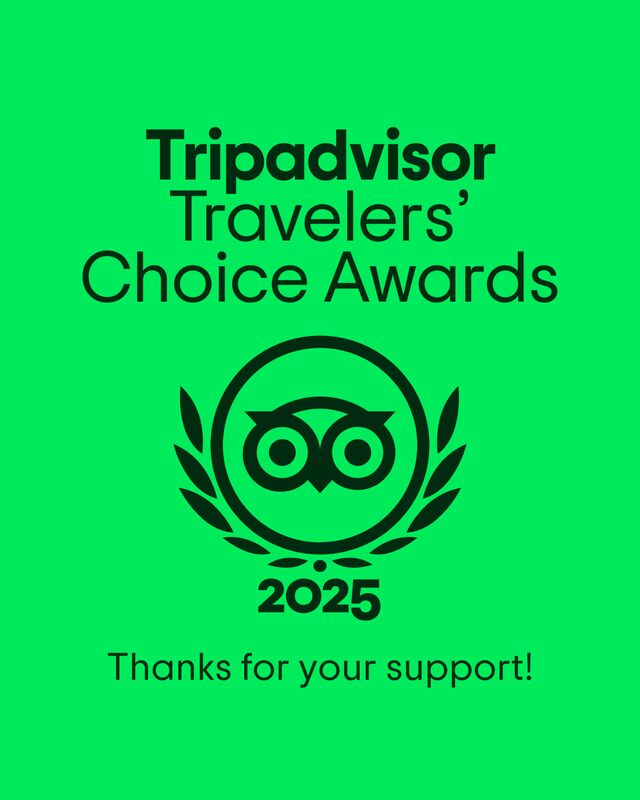In honor of Earth Extravaganza Day, we’ve compiled a list of resources, tips, and suggestions of ways you can help the planet. Many of these ideas will even save you money too!
Water Wisely – Garden Irrigation Tips
Help your plants thrive, conserve water, and cut water costs – all at the same time!
- Water at NIGHT or very early in the morning; never during the middle of the day. This gives the plants time to absorb the water before it evaporates in the sun.
- Use surface or drip irrigation, rather than aerial sprays, whenever possible to minimize wasteful evaporation.
- Use timers to control the watering schedule. Adjust the schedule based on the weather.
- Water plants deeply, but less frequently, to promote strong route growth and drought tolerance.
- Check hoses & irrigation components periodically for leaks. Replace as needed.
- Plant species native to your area whenever possible – these plants are suited to your particular climate and soil type and will thrive better with less human intervention.
- Prioritize watering garden beds, trees, & shrubs over lawns. Lawns use large amounts of water and are relatively easy to replace, versus shrubs, trees, and herbaceous perennials which need less water and are harder (and more expensive) to replace.
Ten Things You Can Do to Reduce Your Plastic Footprint
While recycling is a good place to start, its not always the best answer to reduce the impacts of plastic use.
Instead, choose not to use single-use plastic in the first place.
- Use Fewer Plastic Products – Carry a reusable water bottle, store food in non-disposable glass or steel containers, bring your own cloth tote, container or other reusable bag when shopping, and use your own utensils for fast food or take-out. Refuse single-use “convenience” products such as plastic bags, plastic water bottles, plastic straws, plastic utensils, or plastic take-out containers.
- Do not release balloons – Balloons do not magically disappear when released. They fall back down somewhere, including the ocean. Balloons can be mistaken by many animals for food; balloon strings are just as lethal. BalloonsBlow.org has great alternatives for celebrations that don’t involve balloons.
- Cover your trash – Throw trash away in proper receptacles with lids. Make sure it can’t blow away and isn’t accessible to animals or birds, who can easily tear into a plastic bag. Don’t toss that cup into the back of your truck where it can blow out and become roadside trash.
- Catch and release the fish, not the gear – Collect your monofilament fishing line, lures, hooks and other fishing gear to dispose of safely back on shore.
- Boaters beware – Boaters should take extra caution when motoring around buoys and fishing gear. Every year an estimated 178,000 lobster traps are lost in the Gulf of Maine, many lines being severed by ships and recreational boaters which run over the marker buoys.
- Smokers beware – Cigarette filters are made from plastic (cellulose acetate). They are toxic to animals and do not biodegrade. Properly dispose of cigarette butts in ashtrays or other receptacles.
- Clean up the beach – Join a beach, river or roadside cleanup in your area. Look for local beach cleanups on Facebook at the Center for Coastal Studies or CARE for the Cape and Islands. Join the annual CoastSweep beach cleanup effort in the fall, or start your own.
- Make your voice heard – Write your state and federal legislators to support policies that address waste management and plastic use reduction. Join your recycling committee or encourage your town to implement single-use plastic restrictions.
- Learn more about Marine Debris – Visit websites, talk to researchers, attend lectures, learn more about the effects of debris on habitat, wildlife and ourselves, and about solutions to the problem.
- Support organizations working on Marine Debris – Join campaigns, volunteer at cleanups, attend meetings/lectures, make donations to marine debris prevention programs like the one at CCS.
Information brought to you by Heritage Museums & Gardens and The Center for Coastal Studies
For more information and resources, visit:
https://coastalstudies.org/marine-debris/marine-debris-and-plastics-links/
A Win-Win: Energy & Cost Saving Tips for Your Home
Cut your energy costs & help the planet too!
Get a Home Energy Assessment
The Cape Light Compact (the Compact) offers many low and no cost programs. Mass Save is sponsored by Cape Light Compact and offers the same programs. One essential program is a home energy assessment. The Compact offers an on-site analysis of your home; they pay for 75-100% off the cost of recommended insulation upgrades and give you access to 0% financing for eligible improvements. This program is for renters or owners, are seasonal or year-round, single- or multi-family homes.
Electrify Your Home Heating
The Compact offers significant rebates to help residents reduce their reliance on oil and propane for home heating. Cold Climate Heat Pumps are an efficient and cost-effective alternative to existing fossil fuel heating systems.
Electrify Your Water Heating
If you currently heat your water with oil, propane, or a standard electric tank, you may be eligible for rebates to upgrade to a Heat Pump Hot Water Heater. These systems transfer heat from the surrounding air to heat the water, making them very efficient.
Upgrade to Smart Thermostats
A Smart Thermostat can help you schedule temperature changes, adjust to indoor or outdoor temperatures, and can be controlled by an app on your phone. The Compact offers a $100 rebate when you make the upgrade.
Purchase 100% Renewable Power from The Compact
The Compact offers residents 100% renewable energy at competitive rates. Check your next electric bill to see if the Compact is your Supplier. Want to take another step? Call the Compact at 800-381-9192 and sign-up for CLC Local Green and support New England renewable energy projects.
Look for the ENERGY STAR® Appliances
Appliances receiving ENERGY STAR certification will help save you money in the long run as they require less energy to operate. Rebates are available on certified dehumidifiers, window air conditioners, electric dryers, and room air purifiers.
Install solar panels for electricity
Energy Sage is a program to assist you in purchasing solar for your home or business. They are a matchmaker of pre-screened vendors and will aggregate the vendors’ responses into a valuable document to compare one proposal to the next. They make buying solar comprehensible.
Make your next car an electric vehicle
Drive Green is a program in Massachusetts that pre-negotiated pricing with vendors of electric vehicles and helps you through the purchasing process. Transportation is the largest sector of carbon dioxide emissions, and you can help improve this by making your next car an electric vehicle. (Please make sure your new vehicle’s manufacturer uses ethically obtained materials.)
Resources
Cape Light Compact: www.CapeLightCompact.org – 800-797-6699
Energy Sage: www.energysage.com – 888-838-4638
Drive Green: www.greenenergyconsumers.org/drivegreen – 617-524-0776
Information brought to you by Heritage Museums & Gardens and a Cape Light Compact partnership







